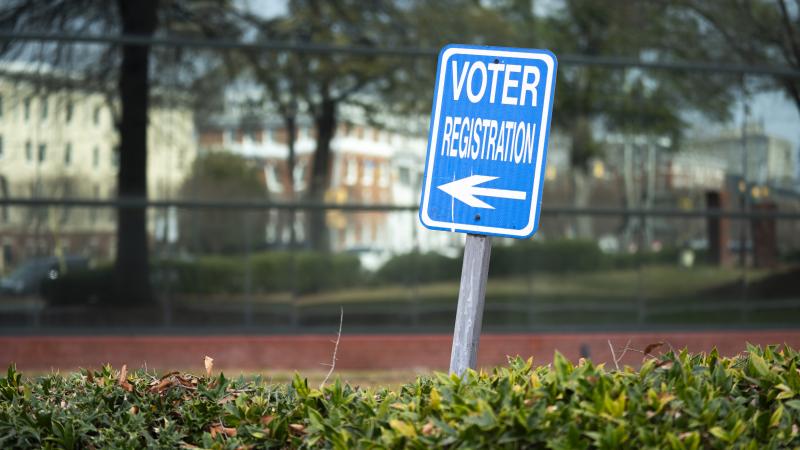Congresswoman McMorris Rodgers unveils RELIEVE Act to help vets with healthcare issues and costs
Legislation aims to close a loophole that affects many veterans' ability to access healthcare when they need it.
A bill introduced by eastern Washington U.S. Rep. Kathy McMorris Rodgers, R-Spokane, in Congress is aimed at closing a loophole that affects many veterans' ability to access healthcare when they need it.
“No veteran should ever be kept up at night wondering how they will pay their medical bills after receiving emergency care in the community. But thanks to a loophole in the VA’s coverage policies, that’s exactly what’s happening in Eastern Washington,” said McMorris Rodgers in a statement.
The Removing Extraneous Loopholes Insuring Every Veteran Emergency Act, or RELIEVE Act, is a bipartisan piece of legislation also sponsored by Rep. Chris Pappas, D-NH, and Rep. Jack Bergman, R-MI.
The text of the bill is short, coming in at a total of just 14 lines, three of which are the title. Yet those 14 lines could mean tens or hundreds of thousands of dollars to unlucky veterans.
“Assisting Veterans as they transition between DOD and VA’s care coverage is a top priority for me in Congress,” said bill co-sponsor Bergman in a statement. “The RELIEVE Act is a much-needed bridge to span that gap and eliminate a dangerous loophole that could impose crippling debt on a recently separated servicemember who sought emergency care.”
Bergman is no stranger to the transition from DOD to VA care. He rose to the rank of three star general in the United States Marine Corps where he served for 40 years before retiring in 2009.
The law the bill is amending, as it currently appears in Title 38 Section 1725 of US Code, requires that a veteran be both enrolled in the veterans health care system, as well as have “received care under this chapter within the 24-month period.”
It’s that last clause that’s causing trouble for many veterans.
Under the current law, a veteran could be actively enrolled in care, on the way to their first appointment with the VA, get into a car accident, and be held personally liable for the entirety of their medical bills.
The RELIEVE Act would eliminate this loophole by adding a 60-day grace period between enrollment and requirement for that “received care under this chapter within the 24-month period” clause kicking in.
“It is unacceptable that veterans have to jump through hoops to have their health care covered by VA, especially in the case of an emergency,” said bill co-sponsor Pappas in a statement. “No veteran should ever think twice about seeking the care they need during an emergency, and no veteran should be faced with costly medical bills due or bureaucratic challenges for receiving that care.”
While the RELIEVE Act, if adopted into law, would close that loophole for veterans under care of the VA, it wouldn’t address the 1.53 million uninsured veterans highlighted in a recent report from the Cambridge Health Alliance of Harvard Medical School.














